Programme
Welcome to the 1-2-3 festival 2023!
This year the Engegård Quartet invites us to explore the life and music of Béla Bartók—with music, dance, theatre and conversation.
* NB!! We reserve the right to make small changes to the programme, which we will keep updated on this website.
Programme
Friday 17th November
-
Opening ceremony
Eszter Sándorfi, Hungary’s Ambassador to NorwayString Quartet No. 3, Sz. 85
Engegård QuartetRhapsody for Violin and Piano No. 1, Sz. 87
Yukari Ohno and Nils Anders MortensenFolksongs for 3-part female choir
Schola CantorumInterval
The journey of life
Nina Mariko Sandquist (from Den mangfaldige scenen)String Quartet No. 6 in d minor, Sz. 114
Arcadia QuartetHungarian Folk Music
Muzsikás
Saturday 18th November
-
Zoltán Kodály: Duo for Violin and Cello, Op. 7 (1914)
Yukari Ohno and Jan Clemens CarlsenBéla Bartók: String Quartet No. 2 in a minor, Sz. 67 (1915-17)
Engegård QuartetInterval
Ernst Dohnanyi: Piano Quintet in E flat major, Op. 26 (1914)
Nils Anders Mortensen and Engegård Quartet -
Duets for 2 violins, Sz. 98
Yukari Ohno, Laura Custodio Sabas and choreography by Edwin CabascangoAn Introduction to Bartók’s Field Recordings
Tore Linné EriksenJOSEPH SZIGETI/BÉLA BARTÓK:
HUNGARIAN FOLKTUNES FOR VIOLIN AND PIANO
CAROLINE NISSEN LENDA AND NILS ANDERS MORTENSENContrasts, Sz. 111
Nils Anders Mortensen, Björn Nyman and Arvid EngegårdInterval
String Quartet No. 1 in a minor, Sz. 40, Op. 7
Arcadia Quartet -
HUNGARIAN FOLK MUSIC
ALLEGRO BARBARO BB 63
MUZSIKÁS AND NILS ANDERS MORTENSENRUMANIAN DANCES SZ. 56, BB 68
MUZSIKÁS, BJÖRN NYMAN AND NILS ANDERS MORTENSENPRESTO FROM THE SONATA FOR SOLO VIOLIN SZ. 117, BB 124
TORJE GUNVALDSEN RÅBU
Sunday 19th November
-
Duets for 2 violins, Sz. 98
Nordberg String OrchestraOn our way home
Jeaninne Masika Harryson and Shwan Wahed from Den mangfaldige scenenPiece for Oud
Shwan WahedHungarian, Bulgarian and Romanian dances
Muzsikás and Nordberg String Orchestra -
INTRODUCTION
Tore Linné EriksenZoltán Kodály: Norwegian Girls
Schola Cantorum2nd and 3rd Movements from the Viola Concerto, Sz. 120
Juliet Jopling and Nils Anders MortensenSzabadban (Out of Doors) Sz. 81
Nils Anders MortensenInterval
String Quartet No. 4, Sz. 91
Arcadia Quartet -
Sonata for Violin and Piano No. 1 Sz. 75
Yukari Ohno and Nils Anders MortensenFour Slovak Folksongs Sz. 70
Schola Cantorum and Nils Anders MortensenInterval
String Quartet No. 5, Sz. 102
Engegård QuartetThe whole festival team have a surprise up their sleeves for the Grande Finale


